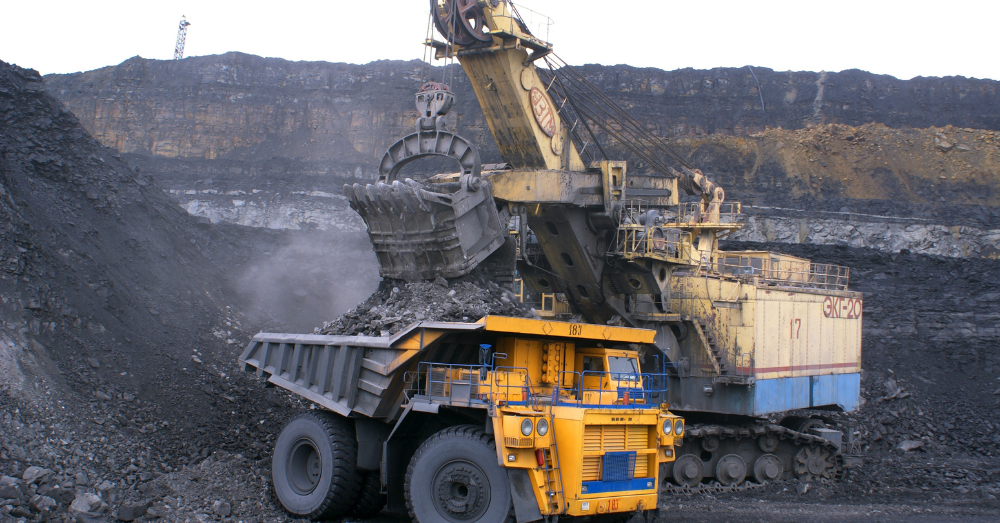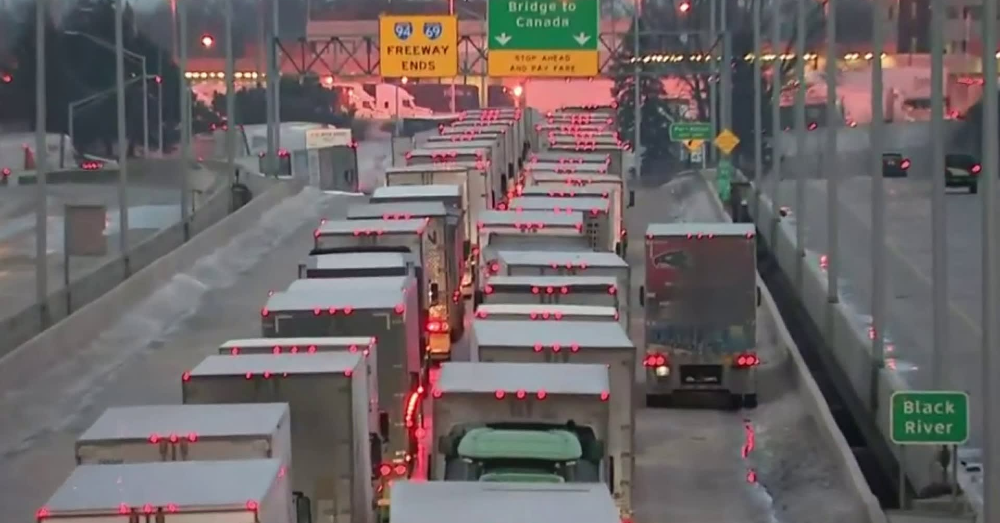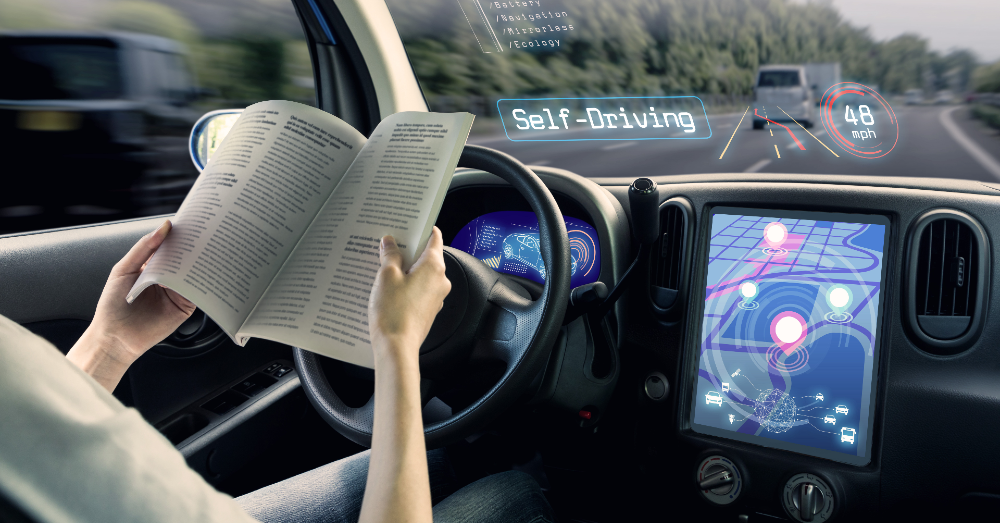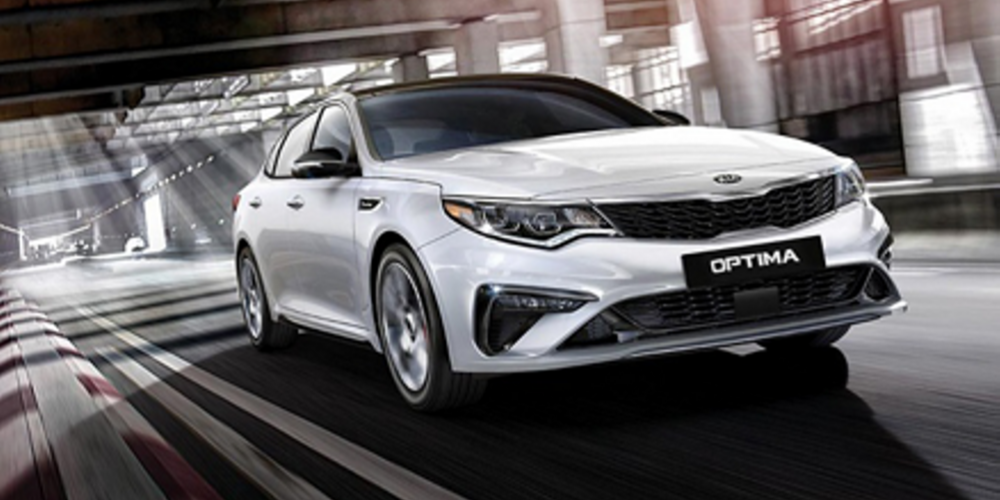
Why the Automaker Has Been Stockpiling Rare Earths
Prepare for the Worst
As China curbs the export of rare earths and related magnets, Hyundai is sitting pretty, thanks to drastic measures taken in the past. The automaker has been stockpiling rare earths and magnets, and now, that strategy is paying off.
Hyundai Motors has been stockpiling rare earths. The automaker currently has enough to last around a year, insulating the company from potential disruptions to the global supply chain and keeping things on track at the Hyundai dealership.
China Restricts the Export of Rare Earths and Related Magnets
China decided in April to restrict the export of many rare earths. The decision has already begun to affect automotive supply chains worldwide, and they’re not the only ones suffering. Military contractors and semiconductor companies are also feeling the crunch.
Hyundai Is In a Better Position Than Its Competitors
Hyundai’s decision to stockpile rare earths has given it a competitive advantage. While China’s restrictions have already begun to impact production at Ford and BMW, Hyundai and its affiliate Kia Corp should be set for the following year.
The South Korean automaker’s forethought gives it much more wiggle room than its rivals in dealing with the current global supply chain issues impacting the automotive industry, and the rare earths stockpile is just one part of the picture.
Hyundai did a great job of boosting rare earths inventories while China relaxed its export restrictions; however, it has also been working to diversify its supply chains and procurement. So far, the process has been a success.
Understanding Hyundai’s Rare Earths Stockpile
Hyundai’s stockpile was only recently reported, and it’s still not clear whether it includes only inventory collected by the automaker and the related Kia Corp or if the stockpile also includes inventory held by the two companies’ suppliers.
So far, the automaker has declined to comment on specific inventory details. It is also keeping its new procurement strategies close to the chest. A Hyundai representative would clarify only that the company “maintain[s] appropriate inventory levels to support uninterrupted production.”
Supply Chain Disruptions Not Expected to Stop
With China producing around 90% of the planet’s rare earths, automakers expect that supply chain disruptions will continue for the foreseeable future.
Unfortunately, these rare earths are essential for the manufacture of EV motors and other vehicle components, as are rare earths-related magnets. China is also restricting the export of these vital components.
China’s dominance of the rare earths market is one of the top points of leverage the country has in its trade war with the United States, recently sparked by Trump’s decision to impose steep tariffs.
Trade talks are underway in London, with top economic officials attempting to defuse the bitter dispute that began with tariffs and has since expanded to include restrictions over rare earths and related magnet exports.
Automakers are paying attention. Given that China currently maintains the majority of the market share on rare earths, the fastest way to resolve current supply chain issues would be for the world’s top economies to bring trade discussions to an amicable conclusion. In the meantime, Hyundai will remain at an advantage.
This post may contain affiliate links. Meaning a commission is given should you decide to make a purchase through these links, at no cost to you. All products shown are researched and tested to give an accurate review for you.



